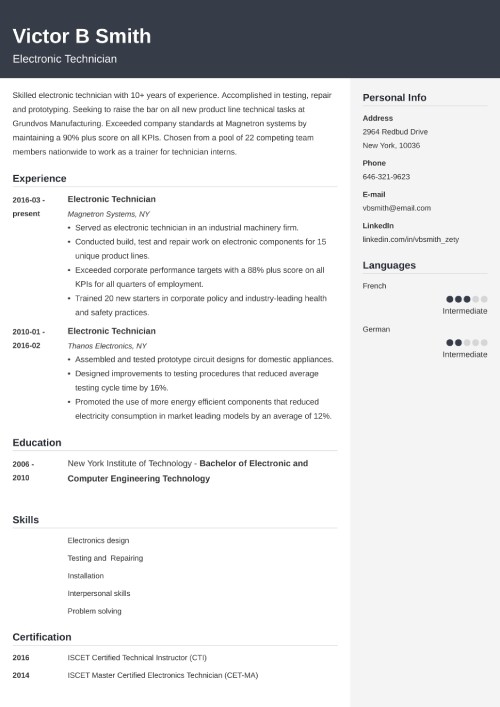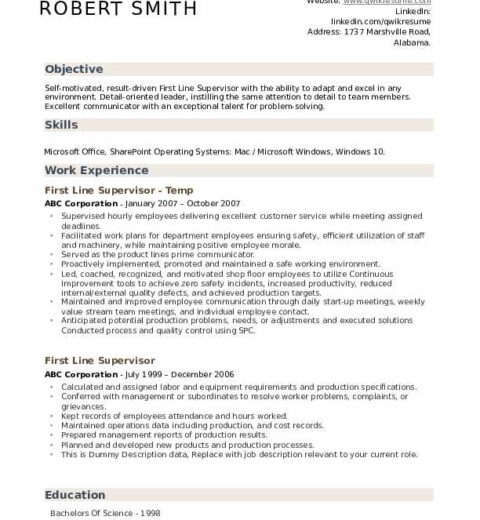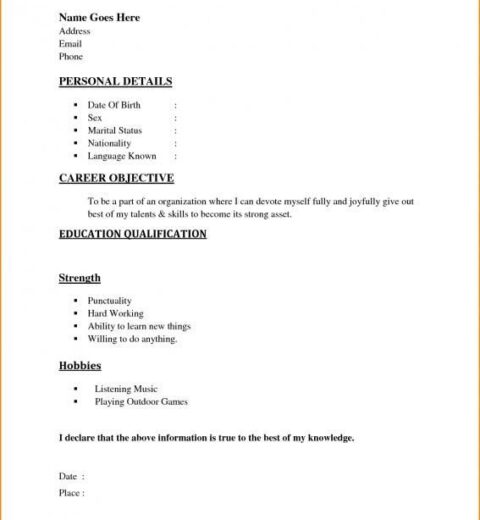When it comes to crafting the perfect resume, the decision of whether to include your address can be a contentious one. While some job seekers steadfastly maintain that an address is an essential component of a resume, others argue it is no longer necessary in today’s interconnected and digital job market. This article explores the pros and cons of including your address on a resume, considering the evolving landscape of recruitment practices and the preferences of hiring managers.
The Rationale for Including Your Address
One of the primary advantages of including your address on a resume is that it establishes a sense of transparency and professionalism. An address can give employers context about your location, which may be pertinent if applying for a position that requires a specific geographical presence. For instance, if the job is on-site, recruiters may prefer candidates who reside locally to avoid complexities with relocation.
Additionally, including your address can demonstrate commitment and stability. Employers may interpret it as a sign that you have deep roots in a community or region, which can be a desirable trait, especially in roles that focus on local markets or community engagement.
Perceived Advantages
Including your address may also facilitate the piecing together of potential logistics. If an employer knows you are local, they can more easily envision the interview process and subsequent onboarding. Furthermore, addresses can help in understanding the candidate pool concerning diversity or regional representation.
The Case Against Including Your Address
Despite the potential benefits, there are compelling reasons to reconsider the necessity of your address. For one, in an increasingly digital job market, where remote work is on the rise, geographical location may hold less significance. Many companies now conduct virtual interviews, making it irrelevant whether you live five miles from the office or across the country.
Privacy is another considerable concern. When you include your address on your resume, you expose yourself to potential risks, including identity theft or unwanted solicitation. In light of growing concerns over personal data security, it is wise to exercise caution. Employers typically prioritize qualifications and experience over personal details, rendering your address somewhat superfluous.
Additionally, an address can inadvertently lead to bias. Hiring managers may unconsciously make assumptions based on the neighborhoods or cities listed on a resume, potentially leading to discrimination against candidates based on socioeconomic status or race. In a contemporary work environment that prioritizes diversity and inclusion, any possibility of bias should be minimized wherever possible.
Alternatives to Including Your Full Address
Another option is to include a statement such as “Willing to Relocate” if applicable, signaling to employers that you are open to moving for the job, thus dismissing concerns regarding geographical constraints altogether.
Industry-Specific Considerations
The decision to include your address on a resume may also depend on the industry in which you are seeking employment. In industries characterized by high competition, such as those in creative sectors, flexibility might be more important than a physical presence. Conversely, in fields like healthcare or education, where local expertise is required, presenting a full address might align better with employer expectations.
Employer Perspectives
Resumes in the Digital Age
With the surge in digital applications and the increasing use of applicant tracking systems (ATS), traditional resume formatting is evolving. Many job seekers are now utilizing platforms like LinkedIn, where a full address is unnecessary. Tailoring your resume to fit the culture of the digital age might require rethinking conventional norms, including the relevance of your physical address.
The Bottom Line
The decision to include your address on a resume is nuanced and should be carefully considered in light of various factors, including industry standards, personal privacy, and the growing trend of remote work. Weighing the pros and cons enables job seekers to make informed decisions, aligning their resumes with both employer expectations and their comfort levels regarding privacy.
In summary, while an address on a resume may once have been deemed necessary, its importance is waning in many sectors. Ultimately, your resume serves as a reflection of your professional identity and should showcase your qualifications without compromising your personal information. Making a well-considered choice will bolster your chances of landing that coveted job interview while maintaining a level of discretion that feels appropriate for your circumstances.




